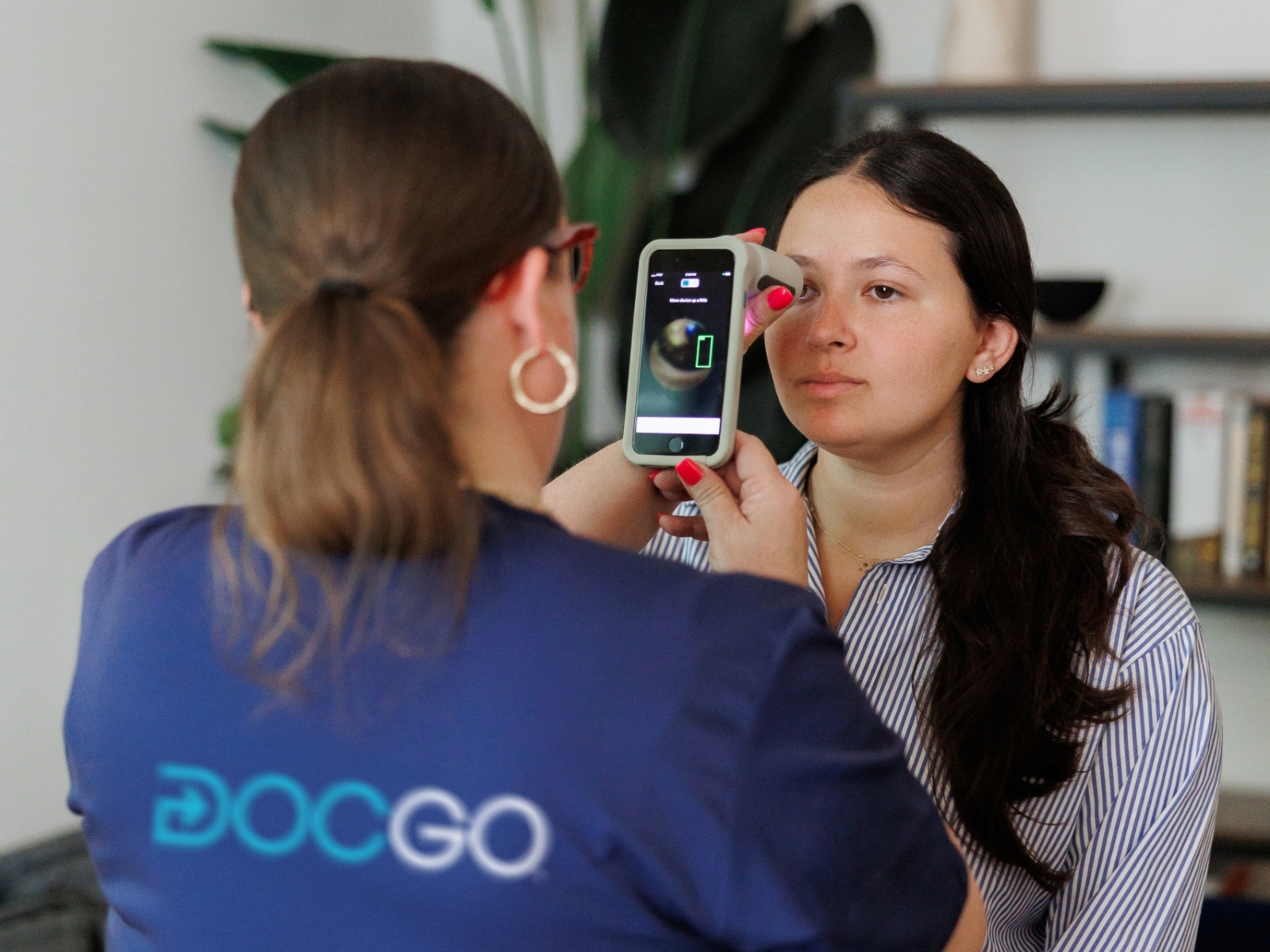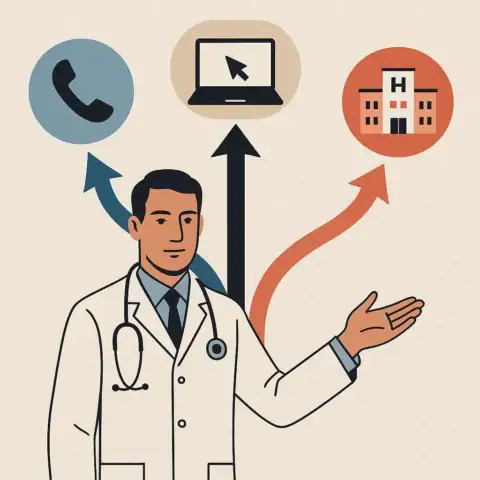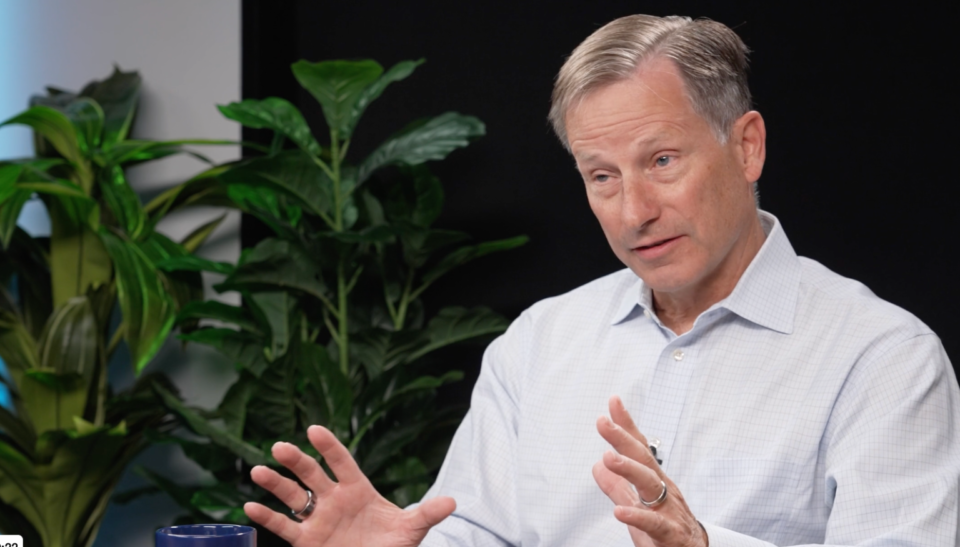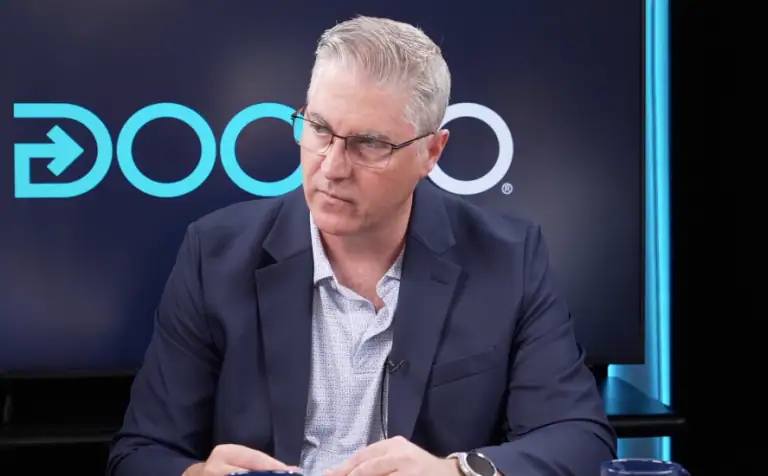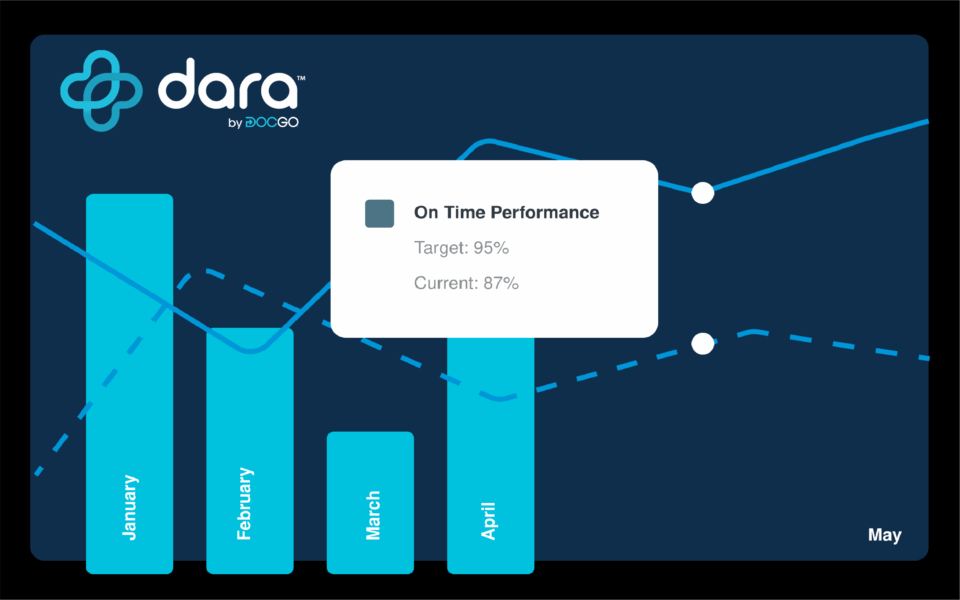Living with diabetes doesn’t have to mean endless doctor visits or complicated routines. With advancements in healthcare technology, such as Remote Patient Monitoring (RPM), we’ve entered a new era of diabetes management. It’s proactive, personalized, and accessible right at home. This Diabetes Awareness Month, we sat down with Dr. Caitlin Colling to discuss how Remote Patient Monitoring (RPM) and Chronic Care Management (CCM) are transforming diabetes care.
Understanding Diabetes
“Diabetes is a complex condition,” Dr. Colling explained. “Knowing the type of diabetes you’re managing—whether Type 1, Type 2, or gestational—is essential, as each type has different care needs.” She emphasized that recognizing symptoms, like fatigue, thirst, and frequent urination, can make a huge difference, especially in preventing serious complications.
“Many patients don’t realize how vital early diagnosis is,” she says. “Getting ahead of it can mean preserving eye health, kidney function, and so much more.”
Chronic Care Management and Remote Patient Monitoring
Chronic Care Management (CCM) provides a coordinated, comprehensive approach to managing chronic illnesses like diabetes. To help patients maintain better health and prevent complications, it focuses on individual needs and creating personalized care plans. The result: improved outcomes and quality of life and reduced reliance on acute or emergency care. For diabetes patients, this means addressing blood sugar control and the broader medical, social, and behavioral challenges associated with the disease.
Frequent glucose checks, for example, are vital to keeping blood sugar within a safe range, but manual testing can be inconvenient and costly. At the heart of CCM is Remote Patient Monitoring (RPM). It uses connected medical devices—such as continuous glucose monitors (CGMs), blood pressure cuffs, and wearable sensors—to collect and transmit real-time health data to care teams.
“RPM isn’t just a tool for monitoring—it’s proactive,” explains Dr. Caitlin Colling. “For diabetes, it helps catch complications early, whether it’s signs of kidney issues, nerve damage, or cardiovascular risks. RPM alerts healthcare providers to act before conditions escalate.”
How DocGo Supports Your Diabetes Journey
Leading healthcare companies like DocGo take CCM one step further, combining telehealth, RPM and mobile healthcare to facilitate delivery of essential care directly to patients’ homes. Here’s how:
- Personalized Care Plans: Get a treatment plan designed just for you.
- Proactive Interventions: Early detection tools and close monitoring help catch complications before they become serious.
- Telehealth Access: Schedule virtual visits with your care team, so you can check in without the hassle of traveling.
- Medication Management: Take the right medications at the right time, with help from DocGo’s care team.
- Health Education: Guidance on lifestyle choices to help you maintain optimal blood sugar levels.
- Better Patient Outcomes: Enjoy a higher quality of life, with fewer hospital visits and better overall health.
- Mobile Clinics: In-home testing for essential markers like A1C levels and screenings for diabetes-related eye and kidney conditions, as well as care for associated chronic diseases like hypertension.
“For millions living with diabetes, CCM and RPM are lifelines,” says Dr. Colling. “They shift the focus from reactive crisis management to proactive, personalized care, reducing complications and redefining the future of chronic disease management.”
With DocGo’s solutions, managing diabetes becomes simpler, more efficient, and more effective, empowering you to live life on your terms.
 Dr. Caitlin Colling is an endocrinologist based in Boston, Massachusetts, affiliated with Massachusetts General Hospital. She is a new member of the DocGo Medical Advisory Board.
Dr. Caitlin Colling is an endocrinologist based in Boston, Massachusetts, affiliated with Massachusetts General Hospital. She is a new member of the DocGo Medical Advisory Board.


